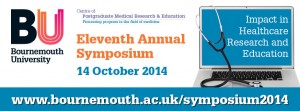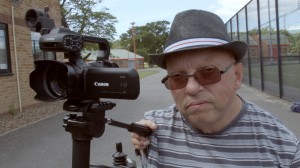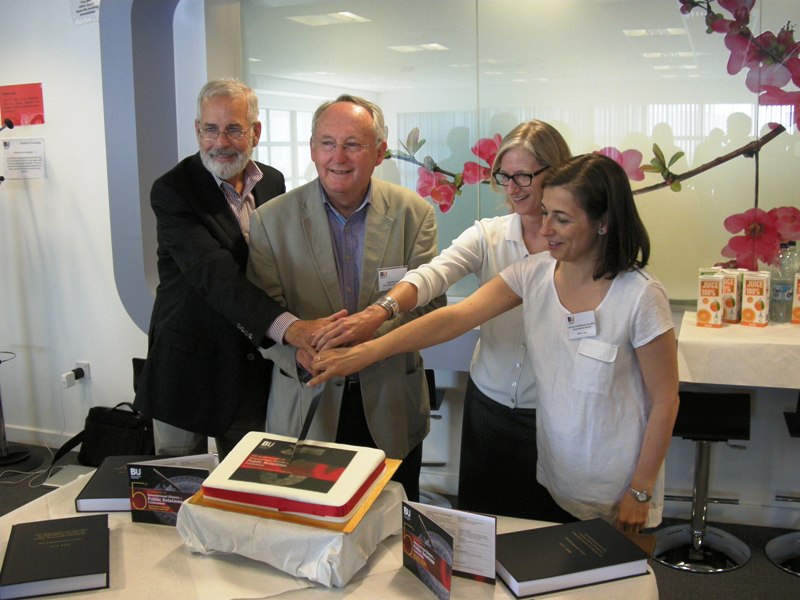 The following opportunities have been announced. Please follow the links for more information:
The following opportunities have been announced. Please follow the links for more information:
As part of their contribution to the Partnership for Conflict, Crime and Security Research (RCUK GU programme), and working with the Metropolitan Police Service (MPS) and the National Crime Agency (NCA), EPSRC and ESRC are jointly requesting proposals for a Research Centre which will over the next five years inform understanding of, and responses to, criminal activities and behaviour in the cloud. The Centre’s research must be strongly multi- and interdisciplinary, to advance the state of knowledge in a range of fields with relevance to crime in the cloud. Preliminary applications are due on 15/09/14 with full applications due 12/01/15.
The BBSRC Tools and Resources Development Fund (TRDF) aims to pump prime the next generation of tools, technologies and resources that will be required by bioscience researchers in scientific areas within their remit. It is anticipated that successful grants will not exceed £150k (£187k FEC) and a fast-track, light touch peer review process will operate to enable researchers to respond rapidly to emerging challenges and opportunities. TRDF1 relates to novel technology development and will close at 16:00 on 03/09/14. TRDF2 relates to supporting novel bioinformatics and computational approaches and will closing at 16:00 on 17/09/14
EPSRC are seeking Expressions of Interest for participation in the JSPS Core-to-Core scheme in the area of spintronics and advanced materials. Up to £2 million is available to support multi-partner five year collaborations involving joint research projects, seminars, and researcher exchanges. Collaborations supported must be between Japan, the UK and at least one other partner country. Interested applicants are required to submit a two-page expression of interest by 16:00 on 18/07/14.
As part of their contribution to the Partnership for Conflict, Crime and Security Research (RCUK GU programme), and working with the Metropolitan Police Service (MPS) and the National Crime Agency (NCA), EPSRC and ESRC are jointly requesting proposals for a Research Centre which will over the next five years inform understanding of, and responses to, criminal activities and behaviour in the cloud. The Centre’s research must be strongly multi- and interdisciplinary, to advance the state of knowledge in a range of fields with relevance to crime in the cloud. Closing date 16/09/14 at 16:00.
On behalf of partners across the UK Government, EPSRC is inviting applications from UK Universities who would like to be recognised as Academic Centres of Excellence in Cyber Security Research (ACEs-CSR.) This is the third and final call in the initial phase of this scheme. Successful universities will be recognised as ACEs-CSR for a period of two years and will be awarded an EPSRC grant in support of their activities over this period. Closing date 12/12/14 at 16:00.
The properties and behaviour of materials in an irradiated environment as critical for the safe operation of a nuclear power station, the safe decommissioning of nuclear power stations and the safe short and long term storage of irradiated materials and spent nuclear fuel. This EPSRC call seeks proposals for research into new advanced materials for application in radioactive environments. Closing date 16:00 on 21/08/14.
The UK Department for International Development, the Medical Research Council and the Wellcome Trust have announced the launch of the fifth call for proposals to the Joint Global Health Trials scheme to fund global health trials. The purpose of this scheme is to provide funding for the best proposals to generate new knowledge about interventions that will contribute to the improvement of health in low and middle income countries. The deadline for submission of outline applications is 16:00 on 25/09/14.
The next Call for the MRC Integrative toxicology training partnership (ITTP) Studentships (starting October 2015) will be announced soon. Through partnerships between academia, industry and government agency sectors the ITTP Studentship initiative seeks to build expertise in toxicology and related disciplines that underpin the safe and effective development of drugs, chemicals and consumer products, and the improved assessment of risks to health resulting from environmental exposures. ITTP is funded as part of MRC’s investment in the Toxicology Unit.
To mark its 50th anniversary, NERC is pleased to announce its inaugural Impact Awards. The awards will recognise and reward NERC-funded researchers, as individuals or teams, whose work has had substantial impact on the economy and society. The awards will culminate in a prize-giving ceremony in London on 27 January 2015, showcasing the researchers, their work and the impact of the science that NERC funds. There will be four award categories: Economic Impact Award; Societal Impact Award; International Impact Award and Early Career Impact Award. The closing date for applications is 16:00 on 10/09/14.
The British public has spoken, and ‘Antibiotics’ has won the vote to become the focus of the Longitude Prize 2014, developed and run by NESTA. Register now to keep up to date with forthcoming news on this award.
Have you written or have a favourite book regarding health and medicine in literature with scheduled publication dates between 1 January 2014 and 31 December 2014? The Wellcome Book Prize, supported by The Wellcome Trust, celebrates this with an award of £30,000 each year to the winning author, and aims to stimulate interest and debate about medical science through books and reading. The Prize crosses genres: fiction and nonfiction are both eligible, so its shortlists can include biography, crime, historical fiction, current affairs, sci-fi and more. Its judging panels include scientists, writers, journalists and public figures, and past chairs have included Andrew Motion, Jo Brand and Clive Anderson. The Prize shortlists six books every February, and the winner is announced in April. The deadline for entry is 05/09/14.
The Health Innovation Challenge Fund is a parallel funding partnership between the Wellcome Trust and the Department of Health to stimulate the creation of innovative healthcare products, technologies and interventions and to facilitate their development for the benefit of patients in the NHS and beyond. The current funding round requires proposals for: innovative developments in instrumentation, implants and devices, software, materials, mechatronics and robotics; innovative diagnostics; trauma and critical care medicine, leading to solutions that will tangibly improve the care and long-term outcomes of patients who experience acute illness or who have sustained severe injury or trauma; informatics to assist clinical decision making; repurposing of technologies and medicines and biological therapeutics. Preliminary applications are due on 15/09/14 with invited applications due on 12/01/15.
The Wellcome Trust Intermediate Clinical Fellowships provide support for outstanding medical, dental, veterinary and clinical psychology graduates to continue research interests at postdoctoral level and develop towards independence. Preliminary application deadline: 27/10/14 at 17:00 with the Ffll application deadline: 09/01/15 at 17:00. Shortlisted candidate interviews will take place in May and June 2015.
Please note that some funders specify a time for submission as well as a date. Please confirm this with your RKE Support Officer.
You can set up your own personalised alerts on ResearchProfessional. If you need help setting these up, just ask your School’s RKE Officer in RKE Operations or see the recent post on this topic, which includes forthcoming training dates up to November 2014.
If thinking of applying, why not add notification of your interest on ResearchProfessional’s record of the bid so that BU colleagues can see your intention to bid and contact you to collaborate.
























 New Nepal scoping review on maternal & neonatal health
New Nepal scoping review on maternal & neonatal health Fourth INRC Symposium: From Clinical Applications to Neuro-Inspired Computation
Fourth INRC Symposium: From Clinical Applications to Neuro-Inspired Computation Writing policy briefs
Writing policy briefs Upholding Excellence: The Concordat to Support Research Integrity
Upholding Excellence: The Concordat to Support Research Integrity ECR Funding Open Call: Research Culture & Community Grant – Application Deadline Friday 12 December
ECR Funding Open Call: Research Culture & Community Grant – Application Deadline Friday 12 December MSCA Postdoctoral Fellowships 2025 Call
MSCA Postdoctoral Fellowships 2025 Call ERC Advanced Grant 2025 Webinar
ERC Advanced Grant 2025 Webinar Horizon Europe Work Programme 2025 Published
Horizon Europe Work Programme 2025 Published Horizon Europe 2025 Work Programme pre-Published
Horizon Europe 2025 Work Programme pre-Published Update on UKRO services
Update on UKRO services European research project exploring use of ‘virtual twins’ to better manage metabolic associated fatty liver disease
European research project exploring use of ‘virtual twins’ to better manage metabolic associated fatty liver disease